Sleep is one of the most important aspects of recovery. These days people struggle with sleep at an alarmingly high rate. This not only impacts recovery, it also affects the everyday functioning of a human being from daily energy levels to overall well-being.
But what if there was a natural solution lurking in the fascinating world of mushrooms? Enter Lion's Mane, the "smart mushroom" gaining popularity for its potential cognitive benefits. But can this brainy fungus also help you drift off to dreamland? Let's delve into the science and explore whether taking Lion's Mane at night is the key to unlocking a good night's sleep.
The Mighty Lion's Mane: A Fungus Steeped in History
Lion's Mane (Hericium erinaceus) isn't just a whimsical name. This shaggy, white mushroom, resembling a lion's mane (hence the name!), boasts a rich history in traditional Chinese medicine. For centuries, it's been prized for its potential health benefits, and revered for its unique composition. Key components like polysaccharides, triterpenoids, and glycoproteins are believed to be the driving force behind its diverse effects.
Non-Fungible Mushroom has long covered the benefits of Lion’s Mane in detail but here is a short refresher. Lion's Mane isn't just about sharpening your cognitive edge. Studies suggest it may offer a multi-pronged approach to wellness:
-
Cognitive Powerhouse: Lion's Mane has been linked to improved cognitive function, memory, and learning. It may even possess neuroprotective properties, potentially supporting brain health.
-
Antioxidant and Anti-inflammatory Champion: Lion's Mane's antioxidant and anti-inflammatory effects could contribute to a healthier you. These properties may play a role in reducing oxidative stress and inflammation throughout the body.
-
Digestive Support Ally: Early research suggests Lion's Mane might offer digestive health benefits, potentially aiding in ulcer protection and promoting a healthy gut environment.
-
Blood Sugar Management: Some studies indicate Lion's Mane may have blood sugar management properties, potentially contributing to overall metabolic health.
Lion's Mane and the Quest for Restful Sleep
At this point, it is known that Lion’s Mane helps with focus and its brain-boosting functionality, but the question of the hour is “Does taking Lion’s Mane supplements at night help to fall asleep?”
Lion's Mane's potential benefits extend beyond the cognitive realm. Here's where things get interesting for sleep-deprived individuals:
-
Adaptogenic Ally: Lion's Mane is classed as an adaptogen, a natural substance that may help the body adapt to stress. This could be a significant factor in promoting relaxation and potentially improving sleep quality for those struggling with stress-induced insomnia.
-
Immune System Boost and Inflammation Reduction: A healthy immune system and reduced inflammation can contribute to better sleep. Lion's Mane's potential immune-modulating and anti-inflammatory properties may play a role here.
-
Promoting Relaxation and Sleep Quality: Early research suggests Lion's Mane may directly influence sleep quality. It may help promote relaxation and potentially enhance sleep quality, leading to a more restful night's sleep.
The Optimal Timing for Lion's Mane Consumption
So, when is the best time to harness Lion's Mane's sleep-enhancing potential? While research is ongoing, some insights suggest the following:
-
Recommended Timing and Dosage: The recommended timing and dosage for sleep improvement can vary depending on the individual and the specific product. Usually, it is suggested to consume a sleep supplement 2 hours before going to sleep or right after dinner.
-
The Power of Pre-Bedtime Consumption: Many experts recommend taking Lion's Mane at least 60 minutes before bedtime to allow its potential effects to take hold before you drift off. This allows your body to absorb the compounds and potentially experience a calming effect before sleep.
-
Individual Tolerance and Onset of Effects: It's important to consider individual tolerance. Some people may experience the effects of Lion's Mane quickly, while others may need a few days or weeks of consistent use to see a noticeable difference in sleep quality.
Lion's Mane's potential impact on sleep goes beyond simply promoting relaxation. It may play a role in regulating sleep-wake cycles:
-
Circadian Rhythm Regulation: Our bodies have a natural internal clock known as the circadian rhythm. Lion's Mane may potentially influence this rhythm, promoting a more regular sleep-wake cycle.
-
Supporting REM Sleep: Lion's Mane contains compounds with neuroprotective properties. These may support REM sleep, the stage of sleep essential for memory consolidation and overall brain health.
-
Enhanced Neurogenesis and Mood Improvement: Studies suggest Lion's Mane may support neurogenesis, the growth of new brain cells. This, combined with its potential mood-regulating effects, could contribute to improved sleep quality in the long run. A well-rested and positive mind is more conducive to falling asleep and staying asleep throughout the night.
Combatting Stress and Anxiety for a Calmer Night
Stress and anxiety are notorious sleep saboteurs. Here's how Lion's Mane might help:
-
Impact on Serotonin Levels and Brain Cell Regeneration: Lion's Mane may influence serotonin levels, a neurotransmitter associated with mood regulation and sleep. Additionally, its potential support for brain cell regeneration could contribute to a calmer nervous system, promoting better sleep.
-
The Role of the Hippocampus: The hippocampus plays a crucial role in emotion regulation and memory consolidation. Studies suggest Lion's Mane might support hippocampal function, potentially reducing stress and anxiety, leading to a more peaceful night's sleep.
Practical Tips for Taking Lion's Mane at Night:
Let's explore some practical tips for incorporating Lion's Mane into your nighttime routine:
-
Timing and Dosage: As mentioned earlier, follow the recommended timing and dosage on your chosen Lion's Mane product. Start with a low dose (around ½ teaspoon) and gradually increase based on your tolerance and desired effects.
-
Combining for Enhanced Benefits: While Lion's Mane can be powerful on its own, some people find it beneficial to combine it with other sleep-promoting herbs like chamomile or L-theanine. However, consult your doctor before combining supplements.
-
Selecting High-Quality Products: Choose Lion's Mane powder or capsules sourced from reputable brands that prioritize organic, ethically sourced mushrooms. Look for brands with transparent labeling and third-party testing for purity and potency. Non-Fungible Mushroom’s Adaptogenic Mushroom Powders are a great choice in terms of Lion’s Mane Mushroom powder extracts. LIFE & MIND are two great blends that have high-quality Lion’s Mane mushroom extract along with other quality ingredients. To know more about the ingredients used in the Mushroom Adaptogen Powders take a look at our lab reports to know exactly what goes into the supplements.
Conclusion: Lion's Mane Before Bed - A Nighttime Ritual Worth Exploring?
While more research is needed to definitively solidify Lion's Mane's role in sleep enhancement, the current evidence is promising. For those struggling with sleep issues, exploring Lion's Mane as a natural solution holds potential. Remember, consistency is key. Give your body time to adjust to this new addition to your nighttime routine. If you are looking for a dedicated natural supplement to help you sleep – Chamomile and Reishi Mushrooms are good supplements to look into. SLEEP by Non-Fungible Mushroom does exactly what its name suggests blended with high-quality Reishi Mushroom and Turkey Tail extract, so it is worth also looking into Reishi-infused supplements.
The Final Word: Consulting Your Healthcare Professional – Before embarking on any new supplement regimen, including Lion's Mane, it's crucial to consult your healthcare professional. They can assess your individual needs and ensure Lion's Mane doesn't interact with any medications you're currently taking.
Lion’s Mane helps with calming a person down and helps manage anxiety a restful sleep could be a by-product of taking Lion’s Mane supplements at night. By incorporating Lion's Mane into your nighttime routine and prioritizing healthy sleep habits, you might unlock the door to a world of restful nights and a more revitalized you. Remember, consistency and a holistic approach to sleep hygiene are key to experiencing the full benefits. So, why not explore the potential of this fascinating "smart mushroom" and see if it helps you unlock the power of a good night's sleep?
FAQs on Lion's Mane for Sleep Improvement
- How effective is Lion's Mane for sleep?
Studies suggest Lion's Mane may hold promise for improving sleep quality, potentially by promoting relaxation, reducing stress, and supporting a healthy nervous system. However, more research is needed to definitively determine its effectiveness.
- What's the optimal dosage and timing for Lion's Mane for sleep?
The optimal dosage and timing can vary depending on the product and individual. It's best to follow the instructions on the product and consult your healthcare professional for personalized guidance.
- Can Lion's Mane help with insomnia and sleep disorders?
While preliminary research suggests potential benefits for sleep quality, Lion's Mane cannot be considered a cure for insomnia or sleep disorders. It's always best to consult a healthcare professional for proper diagnosis and treatment of sleep issues.


